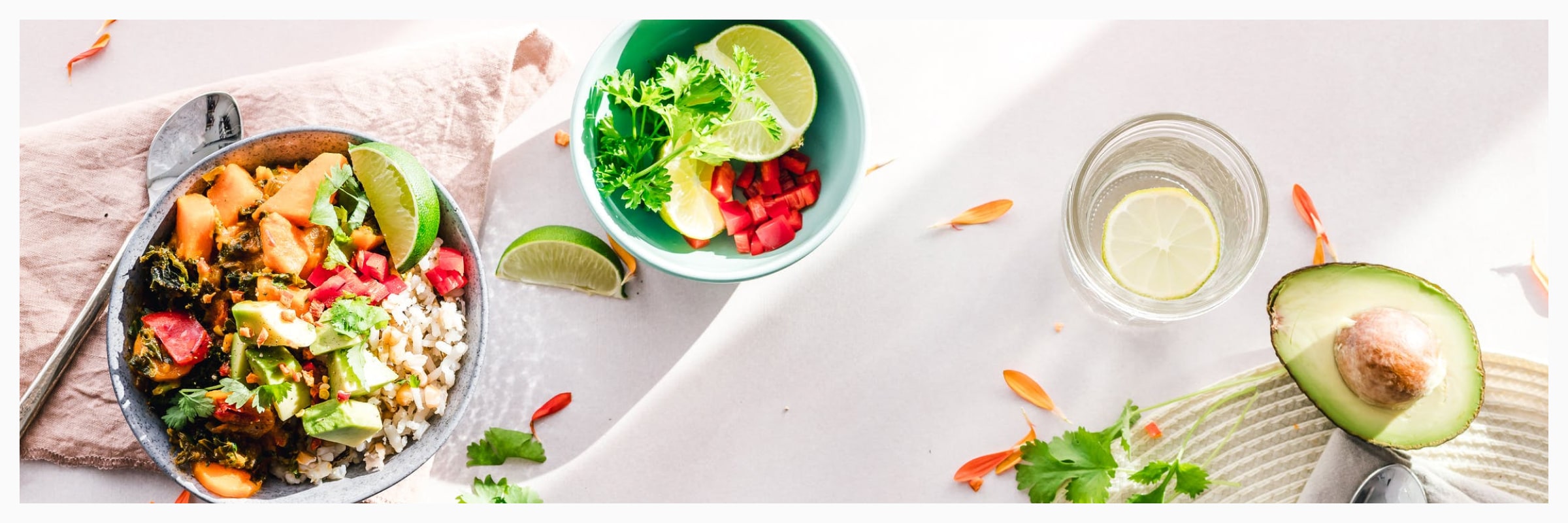Taking care
Taking care of our bodies by making healthy choices has a big impact on our mood and our ability to handle stress and anxiety.

Sleep
1. Teens need between 8 and 10 hours of sleep a night. It helps to try and go to bed around the same time every night.
2. A good night’s sleep helps with our mood, our concentration and our energy.
Good sleep habits
1. During the day, try to get 30 minutes of fresh air. Exercise helps with sleep, but don’t exercise 3 hours before bed as it might keep you awake!
2. Don’t drink caffeinated / energy drinks after 3 pm.
3. Don’t have any sugar (e.g. chocolate, soft drinks) 4 hours before bed.
4. Keep your room cool but not cold. Block out as much light as possible.
5. Turn off all screens 2 hours before bed. They stimulate the brain and stop you from getting a good night’s sleep.
6. Write down your worries before you go to bed. The action of writing them down can make you feel that you have “parked” them for the night.
7. Try incorporating something relaxing, like a bath, bedtime meditation or story, into your bedtime routine.
8. If you can’t get to sleep after 30 minutes, get up. Walk around for a few minutes. Then try listening to some relaxing music or meditating. Go back and try again when you feel sleepy.
9. This is a hard one. Try to get up at the same time every day, regardless of what time you went to bed or how you slept. This trains your body to get into a sleep pattern.
Exercise
Exercise has been proven to reduce stress and anxiety. Even though you may not feel like it, exercise can really help
Exercise habits
Do something you enjoy. You will be much more likely to do it and stick to it. If you don’t have a favourite exercise, try something new like dancing, yoga, or tennis. Or simply go for a walk every day.
Be realistic about how much you can do. And be kind to yourself if on some days you don’t manage it. A great start is 20 minutes of walking a day.
Try and keep to a schedule. That builds the exercise habit.
Set yourself an exercise goal in your Goals or set a reminder in Tasks / Challenges.
Buddy up! Ask someone to join you. It will help keep you both motivated. Try making a post on the Shared Feed to see if someone else is interested.

Food
Food is fuel, or as many people say, food is medicine. What we put into our bodies matters. The wrong foods (high in sugar, caffeine) can make us irritable. A lack of nutrition can affect our concentration.
Food habits
Water!! It’s not food, but it’s a vital fuel for our bodies. Aim to drink up to 8 glasses a day.
If you are anxious or stressed, you may feel like “comfort eating,” which usually means high carbohydrate and high sugar foods. These foods can lead to a sugar crash, making it even harder to cope with the issue you’re dealing with.
Eat the rainbow! Eat fruit for snacks, vegetables and protein with your main meal, and calcium-rich foods. Aim to keep processed food to a minimum if you can.
